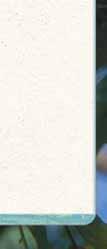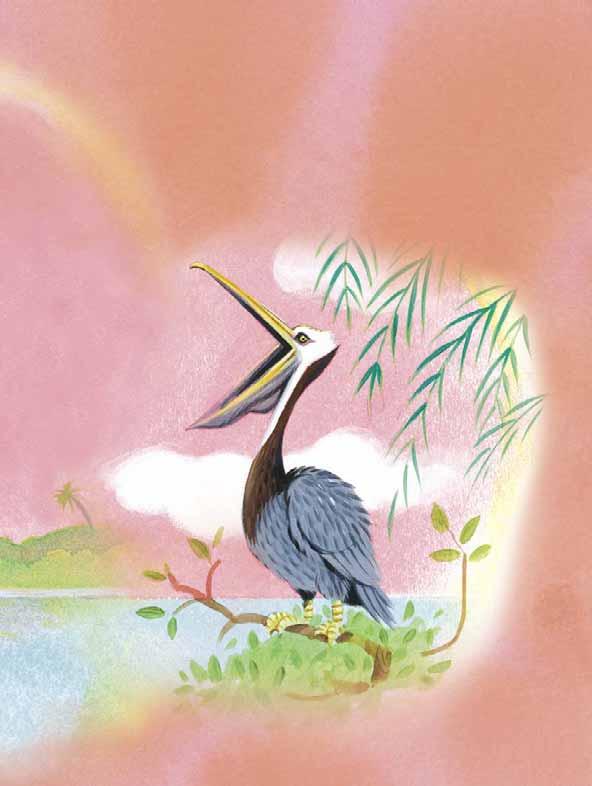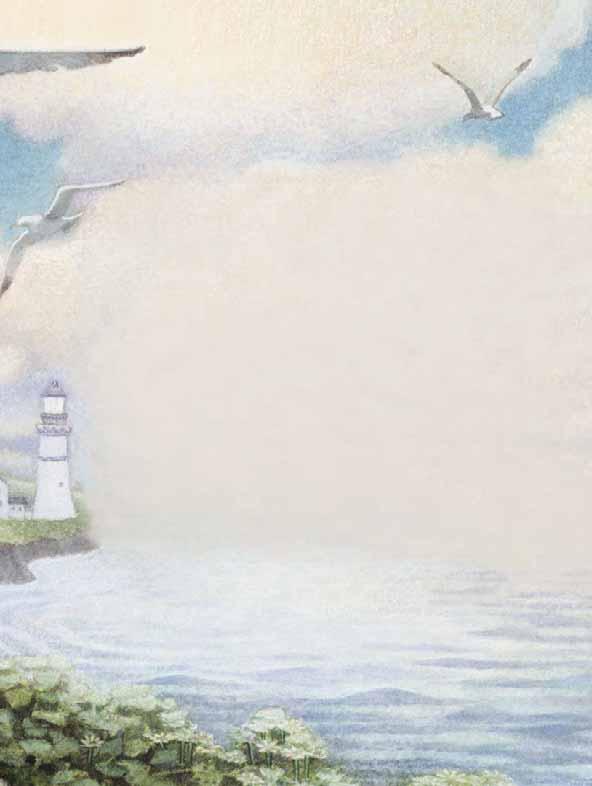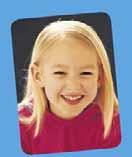Treasures - Gr 1 Unit 4 Mcgraw-Hill [Mcgraw-Hill]
Visit to download the full and correct content document: https://ebookmass.com/product/treasures-gr-1-unit-4-mcgraw-hill-mcgraw-hill/









A Reading/Language Arts Program


Contributors
Time Magazine, Accelerated Reader
Students with print disabilities may be eligible to obtain an accessible, audio version of the pupil edition of this textbook. Please call Recording for the Blind & Dyslexic at 1-800-221-4792 for complete information. A
ISBN-13: 978-0-02-198807-5/1, Bk. 4
ISBN-10: 0-02-198807-2/1, Bk. 4




A Reading/Language Arts Program
Program Authors
Donald R. Bear
Janice A. Dole
Jana Echevarria
Jan E. Hasbrouck
Scott G. Paris
Timothy Shanahan
Josefina V. Tinajero




























Words to Know sparkled saw opened soon every any floating close home


Read to Find Out
Why is the lake a good place for the ducks?



Last spring, we drove to a lake close to home. The water sparkled in the sun.
We saw some ducks. One duck put its neck under the water. It opened its bill and ate a plant. Soon every duck on the lake was eating. They ate any plants and bugs they could get.
Then they stopped eating. They quacked to us. As we drove to our home, we saw the ducks floating to their homes.


Comprehension
Genre
An Informational Story gives facts about a topic.
Reread
Make Inferences
As you read, use your Inference Chart.

Read to Find Out
What kind of food do you think Pelican wants?




Pelican was hungry. He opened his bill wide and then closed it fast.
That is how a pelican says, “I am hungry.”

Pelican looked down at the water. He saw something shaped like a fin in the water. Quick! He dove down fast to eat it up.

It was a dolphin’s fin. A dolphin is much too big for a pelican to eat. So Pelican flew back up to his branch.

Pelican sat on his branch. He opened his bill wide. Then he closed it fast. He was still hungry.

Suddenly, he saw a little head pop out of the waves. Quick! Pelican dove down fast to eat it up.

It was a turtle. The turtle was much too big for a pelican to eat. The turtle dove in the water and swam away. Pelican still did not have any food.

He flew up and away on the wind. He looked down. Every little wave sparkled. Soon he saw something floating on top of a wave. Quick! Pelican dove down fast to eat it up.

It was a coconut. A coconut is much too big for a pelican to eat. Pelican poked it away with his bill. He still did not have any food.

Pelican swam and rode on top of the waves. He opened his bill and closed it fast. He opened it and closed it again. He was very hungry.

He flew up on the wind and over the waves. He flew all the way back home to his branch.

Pelican looked down at the water. He opened his bill wide and closed it fast. He was very, very hungry. He saw something shine and flash under the water. He dove down fast.

It was a fish, and it was a good one! It was not too big. It had no big bones and fins that he could choke on. Pelican flew back up to his branch with the fish in his bill.

He let the fish slide down his neck.

Then Pelican closed his bill and put it on his chest.
That is how a pelican says, “I am not hungry anymore.”



Jim Arnosky has always loved looking at plants and animals. As a child, he drew cartoons of animals. Today, his drawings show how plants and animals really look. He hopes that after reading his books, children will look carefully at nature and make their own discoveries.

Other books by Jim Arnosky




Author’s Purpose


Find out more about Jim Arnosky at www.macmillanmh.com


Jim Arnosky wanted to tell some facts about pelicans. Write about a bird you’ve seen. Tell some facts about it.






Comprehension Check
Retell the Story
Use the Retelling Cards to retell the story.
Think and Compare
1. Why can’t Pelican eat some of the things he sees in the water?






Retelling Cards
2. A pelican opens and closes its bill when it is hungry. What do you do when you’re hungry?

3. How is a pelican different from other birds you know?
4. How is what Pelican eats different from what the ducks eat in “Floating Home”?







Poetry
Genre
Poetry often helps readers imagine unusual things.
Literary Element
Repetition is the way some words or sentences in a poem are used again and again.
Find out more about birds at www.macmillanmh.com


 by Bobbi Katz
by Bobbi Katz

Seagull, seagull, change places with me. I would fly and glide over the sea— strong and wild and free! My father would buy you a popsicle. You could have my bicycle And all my stuff – everything.
Seagull, seagull, Change places with me!
Connect and Compare
How is the seagull like Pelican in Pelican Was Hungry? How is it different?


Writing
Was and Were
The verbs was and were tell about the past.















